Spring came slowly to the mountain. At first, we were still feeding from the silo, but the silage, especially at the bottom, was poor, mouldy and foul-smelling. It felt wrong to give it to the cows. In the end, we rebelled and brought in huge golden bales of Sudan grass. The difference was immediate—the cows plunged into it with delight, and for the first time in weeks, we felt good about feeding them.
March meant my wife’s birthday. I gave her a super-light shovel for the cows’ mikan feed. To reach the mikan, you had to crawl through a small window into the silo and balance on planks while you shovelled the mikan out through the window into a wheelbarrow, and since she was the only one small enough, the job fell to her. After a fresh delivery, the citrus skins were light and fluffy, and the cows loved them. But within a few weeks, they settled into a heavy, swampy mass that she fell into more than once. It became her peculiar task—half chore, half adventure.
Calving brought both joy and sorrow. New calves were born, but the boys couldn’t stay. Each time we led or carried one out of the parlour to be picked up by the waiting truck, it was heartbreaking. We called them Donnas, after the Joni Mitchell song about a cow being taken away. To comfort myself, I pictured them well-fed and roaming a field for two years before their fate caught up with them.
Meanwhile, the older cows discovered the first shoots of spring grass. Watching them skip and kick in the fields was pure joy. Convincing them to leave and return for milking, however, was another story. The old farmer used sticks and rocks. We tried flags and even water pistols—foolish perhaps, but gentler.
We had also introduced a freshly cleaned microfiber towel for each cow’s udder before milking, instead of the single rough cloth the farmer used for all. It meant mountains of washing on top of our duties, but apart from hygiene, we liked to think the cows appreciated the softer touch, especially as their teats would often pick up small and sometimes nasty wounds.
In March, the ticks arrived. We insisted on treating the herd, and for many, it was the first spring and summer of their lives without them. My wife wasn’t so lucky—she found one on her thigh one day—but we managed to remove it quickly. Then the flies came, and we pushed for another change: clearing out the dung from the parlour instead of leaving it piled high. It was filthy work, but it made a difference. Looking back, I realise we made more improvements than I had thought. Small ones, yes, but they mattered.
At last, the pastures grew full enough that we could stop feeding silage. That was one job gone, but another appeared: hauling water up to the upper and lower fields several times a day.
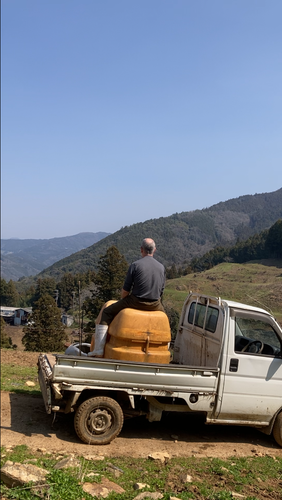
The young calves, including Hana, had also discovered the joy of escape. Every day we had to chase them back into the parlour from the garden. Soon, they would join the larger herd.
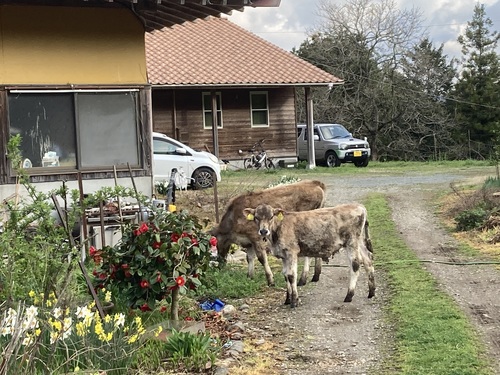
And then there was Short, the stray cat who had adopted us. By spring, he had settled into a routine—turning up at the farmhouse three times a day for food, even letting us stroke him and play. His slow trust was a quiet gift in a season otherwise full of hard work.
Spring was a season of change—messy, hopeful, tiring. We made mistakes, we made improvements, and we carried on. But beneath it all, doubt had begun to creep in.
NEXT: The final part. Summer and leaving the farm.
LEARNING SUPPORT - Vocabulary & Expressions
Idioms / Figurative
* Spring came slowly to the mountain → figurative, seasonal change as a mood.
* Heartbreaking → idiomatic, deeply sad.
* Fate caught up with them → idiom meaning an unavoidable end arrived.
* Pure joy → collocation, strong emotional expression.
* A quiet gift → figurative expression meaning something small but meaningful.
* Doubt had begun to creep in → idiom, uncertainty or worry starts gradually.
Phrasal Verbs
* Plunged into it → to start doing something eagerly.
* Crawl through → move through a small space.
* Catch up with → eventually affect someone or something.
* Come back for → return in order to do something.
* Turn up → arrive unexpectedly or regularly.
* Chase back → pursue and force to return.
* Carry on → continue despite difficulties.
Collocations
* Golden bales → common collocation in farming.
* Super-light shovel → descriptive collocation.
* Calving season → farming collocation.
* Freshly cleaned towel → collocation.
* Mountains of washing → figurative collocation for “a lot of laundry.”
* Filthy work → strong collocation.
* A season of change → common metaphorical collocation.
Less Common Vocabulary
* Silo → large storage structure for silage (animal feed).
* Sudan grass → a tall grass used as animal fodder.
* Parlour → milking room for cows.
* Extravagance (from Winter, might be worth revisiting) → unnecessary expense.
* Roaming → wandering freely.
Comprehension Questions
1. Why did we decide to bring in Sudan grass instead of continuing with silo grass?
2. How did our approach to handling the cows differ from the old farmer’s?
3. What small improvements did we make for the cows in spring?
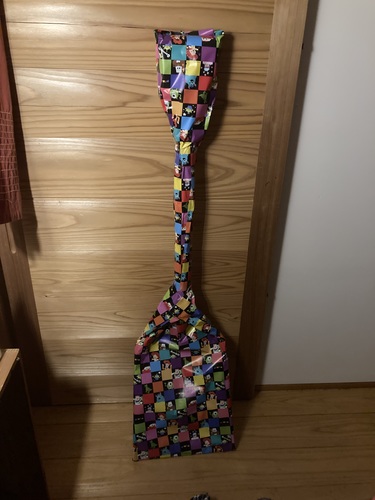
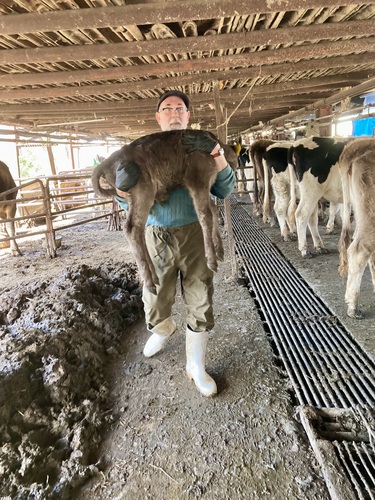
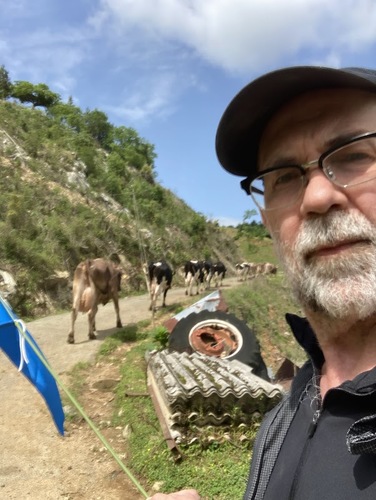
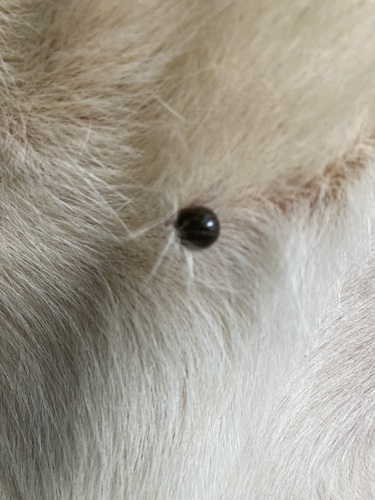


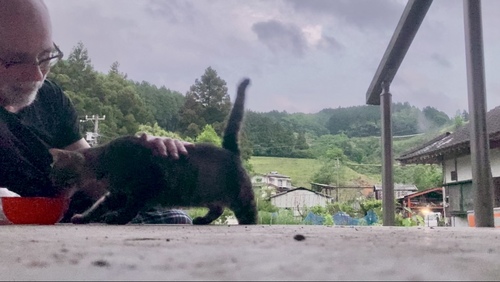



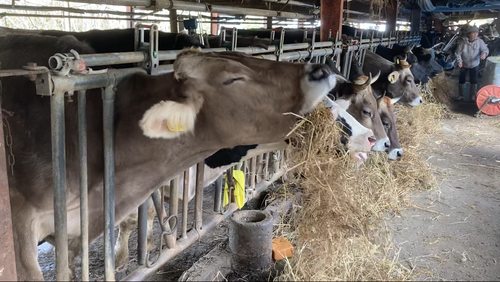






コメント (0)